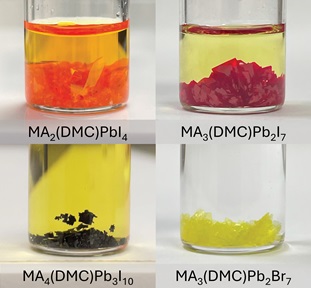Big concerns about nano-enabled food
An NTU communications study finds that people who have negative sentiments towards genetically-modified food likely feel the same about food whose nutritional value or flavour has been enhanced with the help of nanoparticle additives.

People who hold negative opinions of genetically modified food likely feel the same about nano-enabled food, finds a study conducted by Prof Shirley Ho and her research team from NTU’s Wee Kim Wee School of Communication and Information and colleagues at the Harvard TH Chan School of Public Health in the US.
Nearly a third of 1,000 adult Singaporeans responding to a survey had negative feelings towards genetically modified food, which adversely influenced how they viewed food containing nanoparticle additives that enhance flavour and nutrition or prolong shelf life. Over a third of the respondents felt neutral about genetically modified food, while the remaining respondents welcomed it.
“While the study focused on reactions towards nano-enabled foods, the spillover effect we observed from genetically modified to nano-enabled food could possibly extend to other novel food technologies as well,” says lead investigator Prof Ho.
The findings also highlight the important role policymakers play in communicating scientific developments to the public, Prof Ho adds.
The study “Past debates, fresh impact on nano-enabled food: A multigroup comparison of presumed media influence model based on spillover effects of attitude toward genetically modified food” was published in Journal of Communication (2020), DOI: 10.1093/joc/jqaa019.



.tmb-listing.jpg?Culture=en&sfvrsn=29c7e020_1)
.tmb-listing.jpg?Culture=en&sfvrsn=ab6472c8_1)
.tmb-listing.jpg?Culture=en&sfvrsn=332749b0_1)
.tmb-listing.jpg?Culture=en&sfvrsn=55153609_1)
